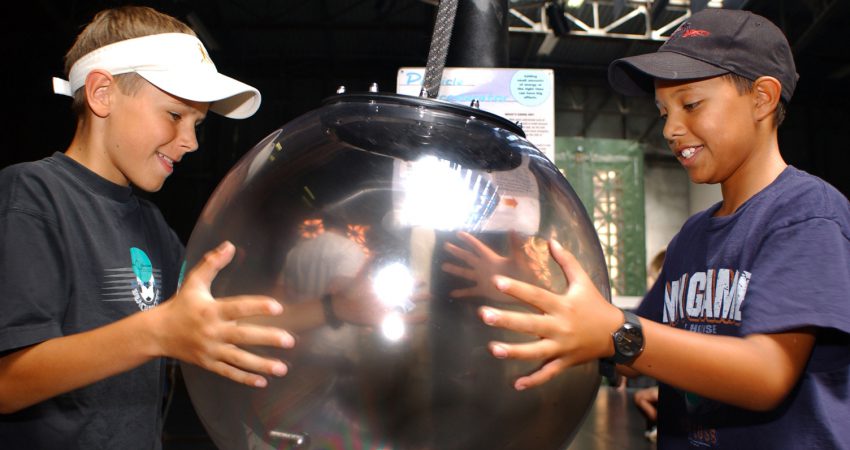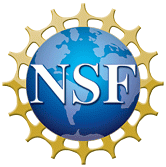
By Hiroki Oura - June 2011
PAPER CITATION
Hsu, P.-L., Roth, W.-M., Marshall, A. and Guenette, F. (2009). To be or not to be? Discursive resources for (Dis-)identifying with science-related careers. Journal of Research in Science Teaching, 46, 1114–1136.
The lack of student interest and participation in science-related careers, particularly female and minority students, is a matter of wide concern. The authors of this paper argue that there is therefore an urgent need to better understand students’ rationales for their choices and decisions regarding science education and careers. Usually, they claim, research on student career choice is conducted through individual interviews and questionnaires addressing issues such as students’ self-efficacy, interest, and motivation. However, drawing on activity theory, the authors of this paper argue that understanding student interest as it is expressed in interactions with other people is a potentially more powerful way to understand student thinking about careers.
The study involved interviews with 13 public high-school students (11 female, 2 male) in the possible selves mapping interview approach: the students first brainstormed possible careers; they then ranked and grouped the careers in order of preference; and finally they were asked to explain the reasons (for details, see page 1118).
Analysis of the interviews resulted in the identification of four interpretive ways of talking about possible careers (formative, performative, consequent, and potential). These patterns of language about careers emerged more for science-related professions than for those in non-science fields (e.g., law and singing; see p. 1131 for details), and therefore the authors conjecture that they may be specific to science fields.
- Formative refers to topics related to the particular formation process or requirements to become a vocational agent (“what is required”) such as “being smart” and “being specialized.”
- Performative refers to the topics that highlight actions and performances in a particular occupation (“what they do”). For example, with regard to the topic of choosing to be a scientist, the description of experimental practice and hand-on activities are often mentioned to support such a choice.
- Consequent dimensions of actions refer to the topics about the effect, impact, and influence of actions in occupations (“what they do in relation to others”). For example, the discourses on helping people, improving the environment, and having an impact on society are categorized into this repertory.
- Potential dimensions of actions invoke topics describing possibilities or trends in one’s career (“what they can do differently as a science agent?”). For example, in a conversation, being a scientist is often described as a preferred career for someone who can learn something new and different everyday.




